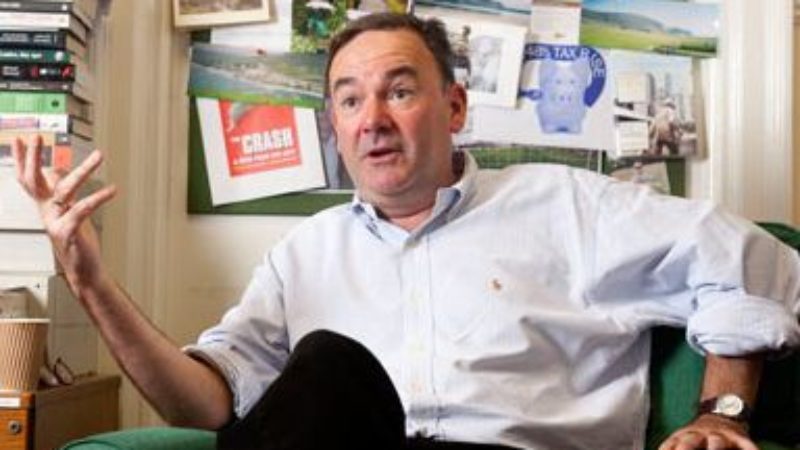
In the months following Ed Miliband’s speech at the Fabian annual conference, in which One Nation was formally launched, it looked as though the rebranding was only that – a new name without new content. The language of unity seemed staid, made trite by its full-spectrum adoption, and the emphasis on his non-theistic faith in ‘the nation’ rang hollow.
With at least three political theorists in his innermost circle (Cruddas, Glasman and Marc Stears), it comes as no surprise that One Nation is now revealing glimpses of a solid philosophical grounding. Part of the problem has been that its complexity has been dismissed as incoherence, its subtlety maligned as stasis. As Richard Darlington has pointed out, this cerebral version of One Nation is neither the version that activists will invoke, nor the version that will win 2015 for Miliband. It’s this pure version, though, that gives us the first insights into Labour’s new philosophy.
Miliband has been at pains to distinguish One Nation from New Labour, and with good reason given his predecessors’ tarnished reputation. The deeper rupture however is, fittingly, with Thatcher.
New Labour, like Thatcherism before it, was characterised by its concern for the individual. Problematically for many Labour supporters, this was demonstrated by New Labour’s subscription to a corrupted interpretation of John Rawls’ ‘maximin principle’, namely, that inequalities are justified only to the extent that they maximise the benefit of the worst off. A principle that has little to say about the depth of the disparities this permits.
Miliband has abandoned this form of high liberalism, in which the individual is the supreme unit of moral (and political) consideration. In its place, One Nation offers the common good – a collective enterprise in which the goods that society promotes must be for the benefit of citizens as cogs in the social machine, rather than the good of individuals distinct from the society that they constitute. As Jon Cruddas wrote in LabourList’s One Nation pamphlet, One Nation looks to ‘build a country in which everyone feels they have a stake, and where prosperity is fairly shared’.
Interestingly, all of the core four have shied away from the language of equality. It seems possible though, that the uncontroversial refrain of the common good disguises a latent concern about equality. New Labour’s focus on equality of opportunity, in keeping with Rawls’s principle, might well be replaced by the notion of ‘relational equality’, an idea that political theorists have been developing over the last decade. Rather than approaching equality as a question of material distribution or as a question of opportunity, relational equality instead sees equality’s value in its ability to promote favourable relations between citizens (promoting the benefits of equality identified by Wilkinson and Pickett in The Spirit Level).
It’s a hard conception to fully explain, especially in few words, but it speaks to the social interconnectedness that underpins Glasman’s idea of the national narrative, as presented in the One Nation pamphlet. Society is not made up of a collection of individuals, it is made up, in part at least, by the things that connect these individuals; a society is more than just the sum of its parts.
Cruddas indicates a similar attitude towards equality, when he favours the ‘distribution of power’ to the (re)distribution of goods, ‘with the aim of making sure that no one interest or group dominates over others’. This in turn hints at a republican conception of freedom. In explicit opposition to liberal conceptions, which hold that freedom is characterised by either positive or negative liberty (simplistically, freedom to and freedom from), republican freedom is found in the absence of domination, by majorities, by the press, and most importantly, by the state.
What we can glean of One Nation’s philosophy indicates a potentially momentous shift away from the liberal consensus of the last thirty years. Instead, One Nation advocates a difficult and knotty form of politics that seeks to rebuild a democratic consensus around the cause of our mutual benefit.
The diverse philosophical strands of One Nation, which are perhaps yet to achieve the desired level of coherence, are designed to achieve the most widespread political support and agreement possible, for reasons of both democratic justice and of electoral necessity. It’s when these two tensions are in harmony that Labour is at its most potent, but it’s the transition from academy to polling station that may yet prove the greatest challenge.




More from LabourList
Tom Belger column: ‘Why is Labour making migrant exploitation easier?’
Ashley Dalton resigns as health minister for cancer treatment
Paul Nowak column: ‘Labour must focus on the basics’